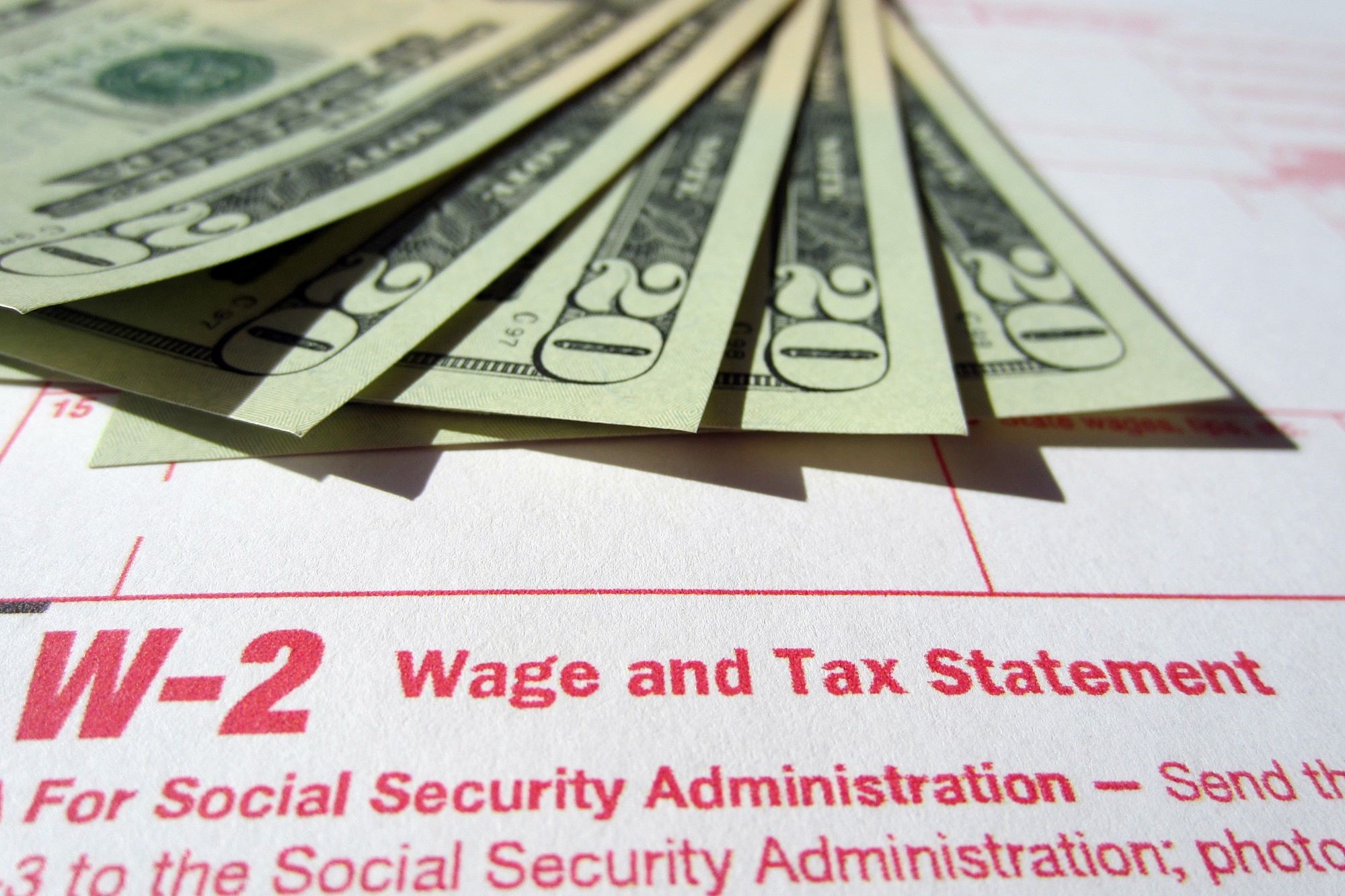What Is a Non-Refundable Deposit Agreement?
A non-refundable deposit agreement is a type of contractual arrangement in which a buyer gives a seller a deposit for a good or service for which the buyer will not receive a refund if, for any reason, the sale does not close. For example, in the real estate context, the payment of earnest money is a form of non-refundable deposit agreement. The seller incurs no out-of-pocket expenses as a result of the buyer’s decision to purchase the property (or not) and yet the seller generally incurs some risk and cost in the event the buyer decides to close.
When relevant, the sales contract will specifically state that the buyer’s deposit is non-refundable (generally implying that the buyer may only cancel the contract prior to closing if the contract is contingent on a condition that is not satisfied). Some buyers and sellers may choose to enter into a non-refundable deposit agreement outside the standard sales contract. In their negotiations , the parties may contemplate other reasons for non-refundability. Such reasons include loss of the option to purchase or resell the right to purchase to other buyers. Because the seller is taking at-risk capital as a non-refundable deposit, the buyer is usually (although not always) expected to pay a higher purchase price.
A buyer may propose a non-refundable deposit agreement in order to incentivize the seller to act quickly in closing. A seller may be more willing to accept a non-refundable deposit agreement if the seller is reassured that a buyer really wishes to close and will not later seek to block the closing (e.g., by asserting a seller’s breach or by asserting misrepresentations made prior to the signing of the deposit agreement).
Because the non-refundability of the deposit is a significant risk to the buyer, a non-refundable deposit agreement is usually only used in an arm’s length transaction between knowledgeable parties (such as informed, sophisticated parties who are represented by counsel).

The Law of Non-Refundable Deposits
Legal Considerations for Non-Refundable Deposit Agreements
When entering into a purchase agreement that proposes to use a non-refundable deposit, an individual should be aware of the circumstances under which a court might find an obligation to refund the deposit or some part of it. Historically, the doctrine of unconscionability was the primary mechanism by which courts in California determined the fairness or enforceability of non-refundable deposits. However, in recent years, the California Supreme Court has tried to establish a consistent approach, emphasizing that fairness must depend on the parties’ current circumstances, rather than on some sort of prior relationship or historical understanding.
In the case of C & K Engineering Contractors v. Amber Steel Co., the California Supreme Court established a list of factors that a court should consider in making its determination. These factors include, among others, whether: (1) the parties’ relative bargaining positions were unfairly balanced; (2) the terms of the contract are so one-sided as to oppress or unfairly surprise an unsuspecting party; (3) the dominant party unreasonably used its superior bargaining power; and (4) the terms that contravene public policy are not readily and clearly expressed in the contract. Conversely, where the parties’ relative bargaining positions are relatively equal, the terms are mutually negotiated, and the contract is consistent with prior dealing between the parties, such terms are more likely enforceable.
Another consideration that may allow a party to escape from the obligation to refund a deposit is the doctrine of economic duress. This doctrine can be explained as wrongful coercion of a party entered into an agreement that deprives that party of its free will. A finding of economic duress will depend on the totality of the circumstances, including whether: (1) the other party has made an unlawful threat that will cause unlawful harm if the threatened act is not performed; (2) the threatened act is sufficient to coerce a reasonable person in the same position to agree; and (3) the coerced party had no adequate alternative to agreeing. If these three elements are present, a party may avoid all liability for refunding a non-refundable deposit.
Advantages and Disadvantages for Businesses and Consumers
For businesses, the primary advantage of a chargeable deposit is that it helps to ensure that only interested parties reserve a space and follow through with their booking. By requiring persons to potentially lose money if they do not attend, it discourages last-minute cancellations and "no shows," which can lead to lost revenue for a business, especially in tourism-sensitive areas. There are some industries, like travel agents, where the typical customer is so frazzled and stressed that giving him or her this le "out" in case of an emergency actually is an invaluable service.
Conversely, however, a chargeable deposit can act as an incredible disincentive for customers considering doing business with a company, particularly if they believe that there is a reasonable chance they may need to cancel or otherwise change plans. Consumers do not take kindly to being forced to listen to a company protecting itself against what they view as inexcusable bad behavior on their part (for example, as recently happened when Delta Airlines forced 7 people off to accommodate more profitable passengers), especially when they believe they have been inconvenienced by an unexpected turn of events.
It’s also important to note that, in some situations, a company can provide consumers with unequal treatment on the basis of a non-refundability provision. For example, if a hotel advertises a "no cancellation fee" policy and then enforces it with minority groups in contracts with which they are not involved.
How to Write A Non-Refundable Deposit Agreement
When it comes to drafting a non-refundable deposit agreement, the first consideration is the language itself. In particular, the submitter of the deposit must clearly understand what it is they are giving up when making this deposit. While they will obviously lose the deposit if they walk away from the deal, it must be clearly stated what reasons would allow them to recoup their money. An unambiguous agreement makes it crystal clear that these conditions are exactly that, and does not open up a loophole for one side or the other to hold back the full deposit without a good reason.
For the developer, one can also negotiate terms with respect to the deposit that make it more likely that the dilapidated property will be taken off the market even sooner . If it is developer’s choice to remove the property from the market when a non-refundable deposit is received, they may wish to add an early termination fee which returns a portion of the deposit should the deal fail but still allows the developer to recover their time if the deal had commenced and been cancelled relatively quickly. If one side fails to perform their end, without good reason, the agreement should contain clear and explicit language whereby the other party can recover their deposit in full.
Including a section detailing the handling of the deposit is also a good way to clarify how this money will be kept in the interim. As these deposits are often substantial, some up to seven figures, there should be a section indicating where the deposit will be held, providing the submitter with peace of mind that their money will be returned if the deal does not go through. This is not only good practice for professional developers but can be written into the agreement so that future developers planning on handling the agreement are also covered.
Common Problems and What to Do About Them
Non-Refundable Deposit Agreements can be the most rage inducing of agreements. In the even that a customer fails to continue with a purchase, service or project people can often be very unhappy about the fact that they have lost their money. It is important to note that there are usually provisions in a non-refundable deposit agreement that should justify the company retaining the deposit. That said these provisions are often not as water tight as they could and should be.
Common fact patterns regarding disputes relating to Non-Refundable Deposit Agreements include: What is to be done if and when a dispute arises? If you are on the side that holds the deposit then you should immediately look to the agreement to see how you can legally take possession of the funds. You need only keep the deposit if you have earned the right to do so. If you have not earned that right then you have no choice but to refund the deposit.
If you are the party that does not have possesion of the deposit then you should look to your contract to see what remedies are available for the breach of the agreement. Often times if the agreement is breached by the other party you have the right to the deposit, if you have suffered as a result of the breach. It is important to note that often times people try and keep a deposit because they too have lost money, and want the deposit to offset the loss. While this is human nature it should not be confused with legal right.
If you are the party that holds the deposit then offer a refund if you will be able to recoup your lost profits. If not, then hold on to the funds until you can establish a right to keep the deposit.
If you are the party that does not hold the deposit and will never be able to recoup your losses from the other party then you have decided that this is not a rights based disagreement and it would be in the best interest of both parties to negotiate the payment of the deposit.
If the other party refuses to negotiate and has breached your agreement in a way that entitles you to the deposit then depending upon the amount of damages you are entitled to you may want to bring a small claims court case.
Alternatives To Non-Refundable Deposits
There are a number of alternatives to non-refundable deposits that provide flexibility for both parties or which can be preferable in certain situations. For example:
Conditional Non-Refundable Deposits
In lieu of a full listing agreement, sellers may agree to waive or condition their usual requirement for an exclusive listing in exchange for a non-refundable deposit. Rather than listing the property with the agent, the seller will only be required to list with the agent if the agent is unable to secure a buyer for the property by some date. The buyer may earn a return of the deposit, but only if they are successful in finding a buyer within a certain period of time.
Escrow Deposit Provisions
Another option is an agreement which allows for the return of earnest money after the end of a specified period of time unless a new, binding contract is signed. For example, a seller might agree to return a deposit if no contract had been signed within perhaps six months . Alternatively, the agreement may stipulate that the deposit will become non-refundable after six months unless the seller has signed a contract with a prospective buyer.
Cooperation with subagent/selling agent
In some instances sellers with exclusive listings can actually encourage cooperation between agents by offering incentives to subagents or selling agents as alternatives to non-refundable deposits. A seller may agree that they will work in good faith with prospects obtained by the agent and, if necessary, waive their claim to all or part of the deposit upon a sale of the property by a subagent. Of course, nothing prevents a seller from stating that a deposit is non-refundable in an exclusive listing agreement. But it does not have to be that way. Often, in the right circumstances where there is a good faith attempt to contract, there are alternatives short of a non-refundable deposit that will keep a sale moving in a timely fashion.



